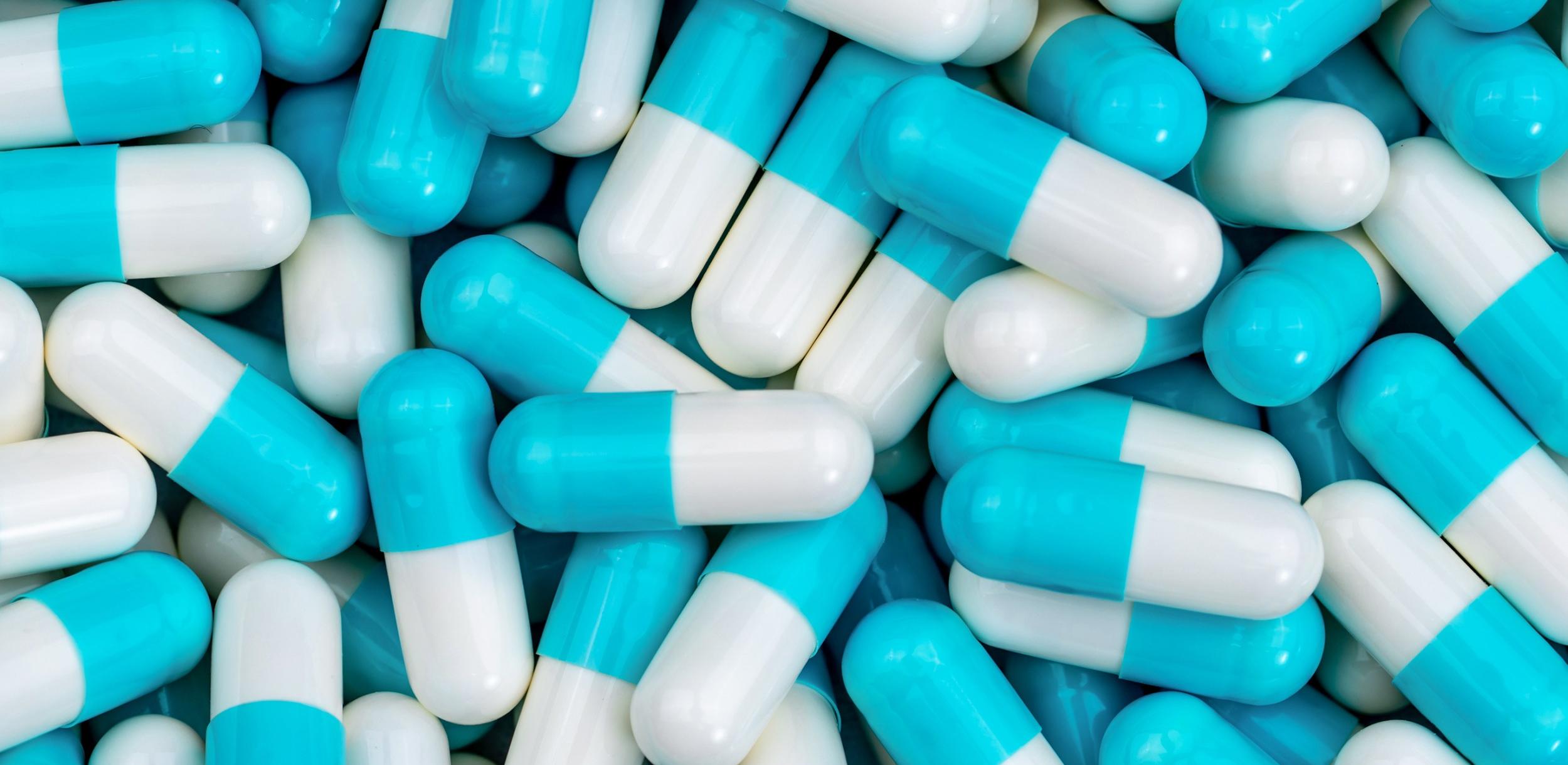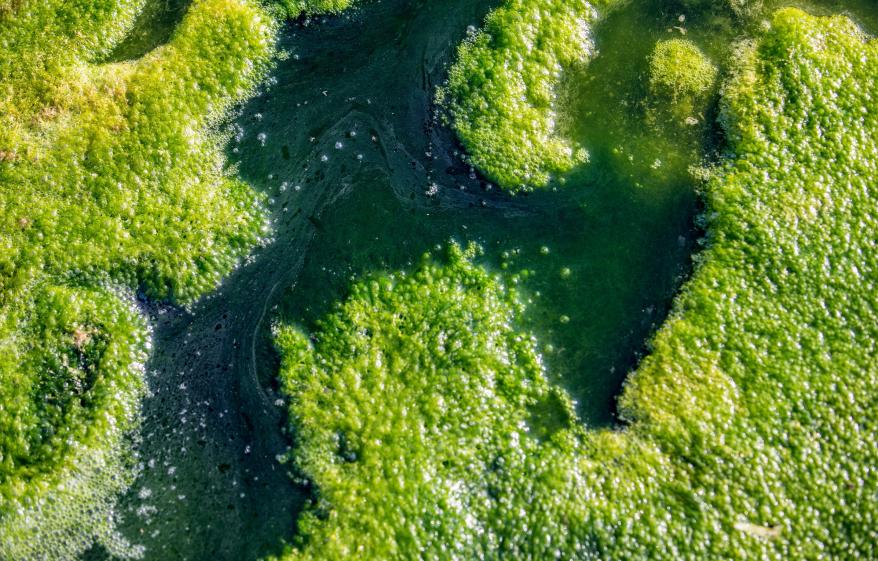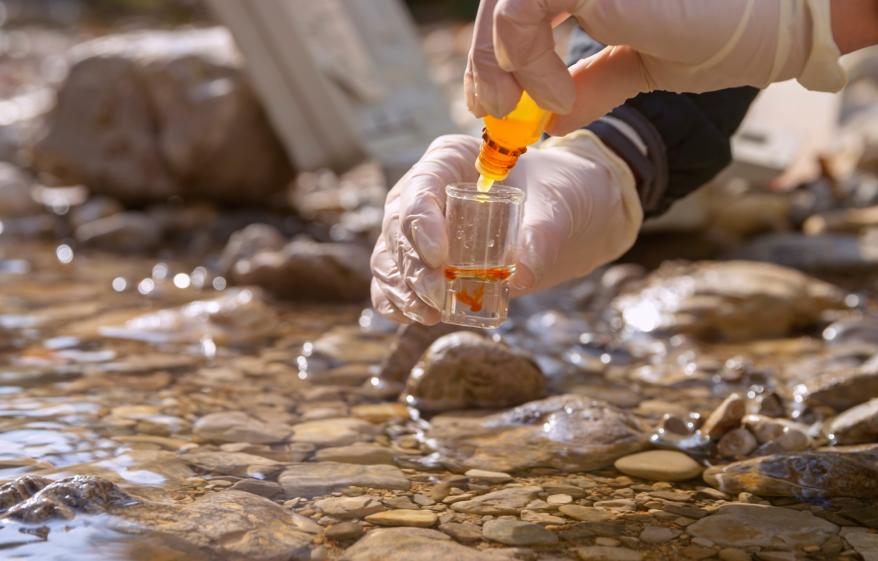
What is the issue with pharmaceuticals in wastewater?
The presence of pharmaceuticals in wastewater poses several environmental and public health concerns. When people take medications or use pharmaceutical products, the compounds from these substances can end up in sewage systems through excretion or improper disposal. These pharmaceutical residues then find their way into wastewater treatment plants and, to some extent, into natural water bodies through treated effluent discharge.
Some key issues with pharmaceuticals in wastewater include:
Environmental Impact: Pharmaceuticals can persist through the treatment process in wastewater treatment plants and can be discharged into rivers, lakes, and other water bodies. These substances might have detrimental effects on aquatic ecosystems, affecting fish, invertebrates, and other organisms. Some pharmaceuticals can disrupt hormone systems, affect reproduction, and interfere with the normal functioning of aquatic organisms, leading to potential ecosystem imbalances.
Water Quality Concerns: Pharmaceuticals in water bodies can accumulate over time, potentially leading to long-term contamination. Even at low concentrations, the continuous exposure of organisms to these substances might have adverse effects on their health. Moreover, interactions between different pharmaceutical compounds and their breakdown products can form new compounds, which might have unknown or more potent effects on the environment.
Antibiotic Resistance: The presence of antibiotics in wastewater can contribute to the development of antibiotic-resistant bacteria in the environment. When these substances persist in water bodies, they can promote the evolution and spread of antibiotic-resistant strains of bacteria, which poses a significant public health risk.
Challenges in Wastewater Treatment: Some pharmaceutical compounds are not effectively removed by conventional wastewater treatment processes. This means that even after treatment, trace amounts of these substances might still be present in treated effluent, contributing to the pollution of receiving water bodies.
Onunda was founded to address global water industry challenges in biosolids disposal. We've developed a zero-carbon wastewater treatment solution for adoption by Local Authorities and Utility Companies. Our solution eradicates land waste, removes microplastics and harmful chemicals, and transforms the organic feedstock into a sustainable source of clean energy and nutrients.
Learn more about the innovation behind our Onunda technology and how it can be applied here.












